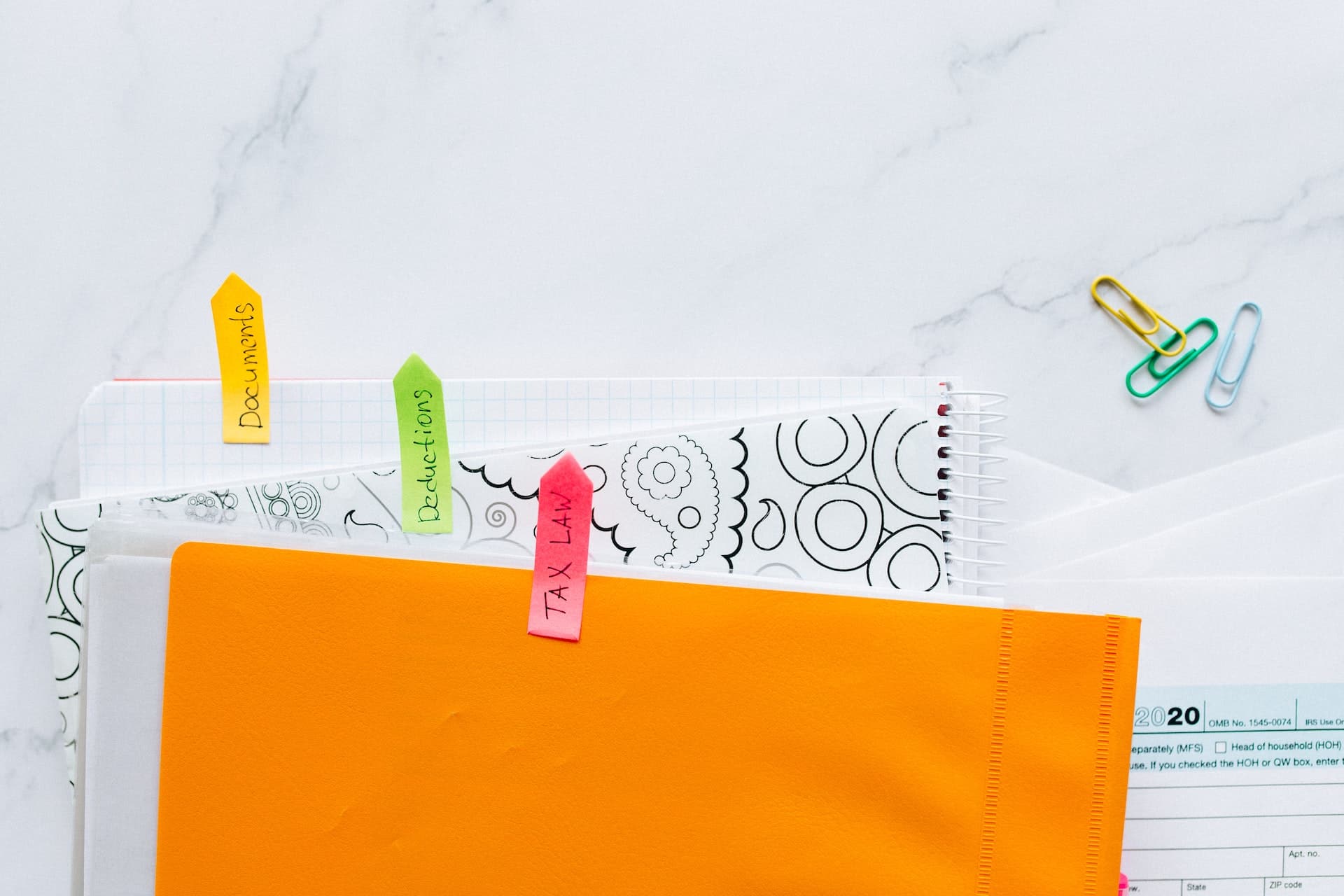We know self assessment is generally viewed at best as a chore and at worst as impending doom but you know it needs doing by the end of January each year and yet year in, year out, you promise that this year will be different.
In Jan 2021 HMRC estimated that almost 1.8m people missed the deadline, nearly double the rate of the previous year.
It makes sense to file early … we promise, hear us out. Still not convinced? Let’s take a look at the other dangers of leaving everything till the last minute.
Reason 1: It takes time to register
You can’t just go online and file a Self Assessment – HMRC has to be expecting a return from you. This means you have to register in advance, and that process takes time.
How long? Well, that depends on the time of year. Out of peak times, it can take a fortnight or so, but if you wait until the January rush (the busiest time for HMRC’s customer service) it could take far longer.
There are two stages to registration. First, you need a Unique Taxpayer Reference (UTR), which is sent to you in the post. You use your UTR to register for HMRC Online Services.
Secondly, HMRC will send you a PIN number in the post to access Online Services where you can file your Self Assessment. This arduous process should become simpler when HMRC rolls out online tax accounts, but for now, you’re reliant on Royal Mail and HMRC to getregistered.
Reason 2: It gives you time to save for your tax bill
Although you may choose to file your Self Assessment early, your tax bill still isn’t actually due until January 31st. If you file in July, then, you’ll have a full six months to budget for any tax you owe. Conversely, if you file in January but find you don’t have enough money to actually pay your taxes, you’ll be in line for one of HMRC’s famous on-the-spot £100 fines. Ouch.
Reason 3: You’ll avoid penalties
Speaking of penalties, filing early will obviously give you time to address any problems and avoid HMRC’s late filing penalties. For the uninitiated, those penalties are:
- A £100 instant fine if you miss the January 31st deadline
- £10-per-day fines (for up to 90 days) if you haven’t filed by 30th April
- A £300 fine (or 5% of the tax you owe – whichever is greater) if you still haven’t filed after another 90 days
- Another £300 fine (or 5% of the tax you owe – whichever is greater) if you still
haven’t filed within a year - Additional penalties – including up to 100% of owed tax – if HMRC believes you are intentionally delaying your filing.
There were some changes to the rules and fines in January 2021 as a result of the Coronavirus pandemic, but they’re unlikely to be repeated next January,
Reason 4: HMRC’s call centres are always overwhelmed in January
If you’ve ever attempted to get in touch with HMRC’s personal tax helplines in January, you’ll most likely know their hold music by heart. The taxman doesn’t have the best reputation for customer service, and unfortunately, that reputation is hard-earned.
Not to scare you, but with increasing pressure on already stretched resources due to the Coronavirus pandemic, and new customs requirements due to Brexit, it all looks set to get even worse. According to HMRC’s own data, released in January 2021, the average waiting time for callers had risen to almost 14 minutes, and 49.2% of callers had to wait for more than 10 minutes to be answered in January 2021. Almost 400,000 callers, around 1 in 5, didn’t manage to get through at all, abandoning their attempts whilst waiting in the 3 month period from September to November 2020.
The moral of the story is that if you think you might need help with your Self Assessment, don’t leave it until January or you’ll have some lengthy hold times.
Reason 5: It might not all be bad news
HMRC taketh away, but HMRC also giveth. Some lucky business owners (especially those who mix self-employment with salaried employment) will be owed a tax refund.
If you’ve overpaid tax during the last year, HMRC will let you know when you file your Self Assessment and give it back straight away. Well, not straight away – this is HMRC we’re talking about after all. It can take a few weeks to process your refund.
But knowing you have cash coming into your bank account rather than going out will help your cash flow hugely. You could buy some new equipment, pay off some company debt, pay it into a pension, or just save it for a rainy day. The world is your oyster, and all because you filed your Self Assessment early – good for you!
Reason 6: Your Christmas won’t be ruined
Filing early will mean you can avoid the mid-January blues felt by many freelancers and contractors, and enjoy a well-earned worry-free rest over the festive period. HMRC even used this angle in its most recent advertising push, promising taxpayers they would “find inner peace” by filing on time.
Reason 7: It can take time to get everything you need to file
To file your Self Assessment you need all kinds of paperwork – P45s, P60s, expenses, invoices, and bank statements. If you file in January you’ll need records going back almost two years, and many banks don’t let you get to that information easily.
Depending on your bank and the type of account you have, you may need to order historic statements either in a digital or paper format. If you bank with a particularly archaic financial institution, you may also have to pay for them.
The more organised Self Assessment filers will download and store monthly statements in handy CSV format, but mistakes can and will happen on January 31st, so file that return early and overcome and bank statement-related shenannigans.





